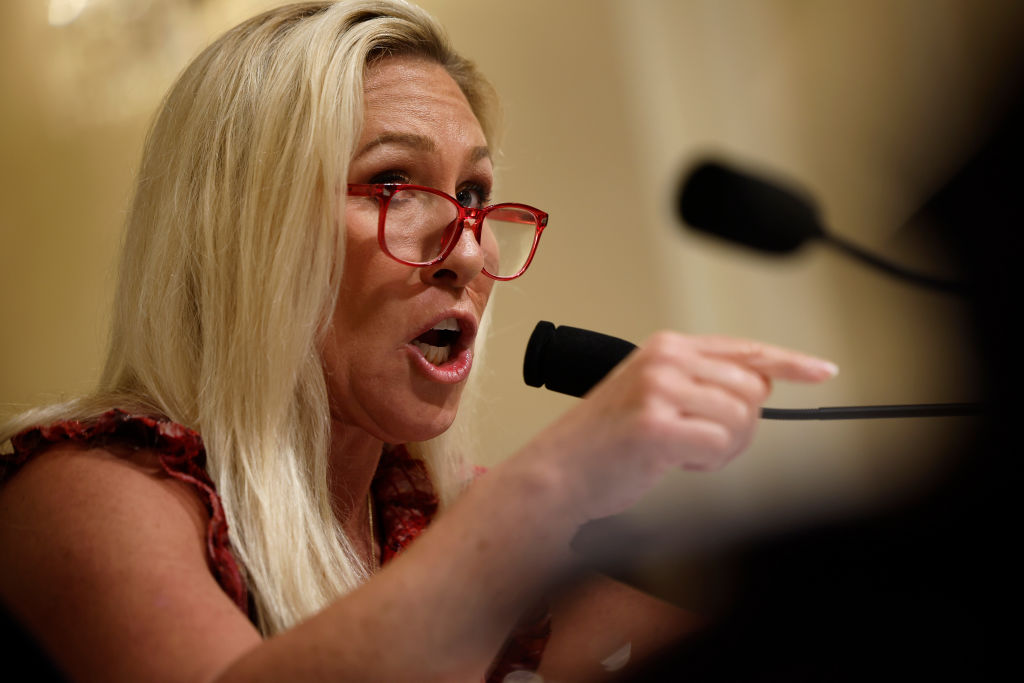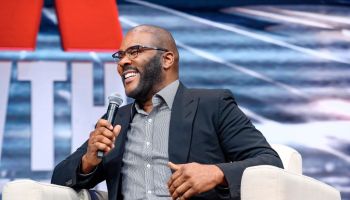My mother calls from Kolkata, India. She is still thinking about Michelle Obama’s speech. She says on the answering machine, “I’m for Obama all the way.”
My two little girls march around the house chanting “Obama, Obama.” They picked it up from the will.i.am song.
My pothead friend says, “I’m for Obama because he said that inhaling was the point.”
Compared to McCain, where’s the choice?
My heart is set on the Greens, but where’s the chance?
Whether watching the Republican National Convention this week or not, it is easy to find problems in Senator Barack Obama’s positions. That’s because there are plenty of problems in Obama change agenda for folks to the Left of both Republicans and Democrats.
But that’s not the point.
The point is that history doesn’t move at Justice’s pace.
We know what Justice is like. How tangible it feels to dream of the better land!—a place where we live as people who care for each other, are concerned for each other, want the best for each other, but are equally wary of the possibility that the best for some takes away from others. Those are the core values that many of us live by or want to live by (if we were allowed by the various institutions that otherwise hem us in).
I got into a discussion the other day with a friend, who worried that a Barack Obama victory would sideline the struggle for human equality. “Power will now say that if there’s a Black man in the White House, what’s there to complain about?,” he argued. The discussion frustrated me.
So, is my friend saying that it is better for the worldwide freedom struggle if Obama loses? This is like telling the national liberation movements of the 1950s and 1960s not to take power because neo-colonialism would suffocate their movements. It’s like telling the US Congress in 1964-65 not to pass the Civil Rights and Voting Rights Acts because they don’t address economic inequality.
No. Pass the acts, and then intensify the struggle. Take power and then push for more. Politics is not a pure science. It is a test of will, and a test of whether the forces of Justice will be able to capture the imagination of the people.
Right now, the people repose their faith in the two parties, or else are totally frustrated with the entire political process. A fraction votes for the various other parties (Green, Libertarian, Reform). Our job as those who are partisans in the struggle for justice is to go into the narrow political arena of electoral politics and do four things:
1. Help elect those who will provide relief to the people (health care, education, social welfare, and perhaps a jobs plan).
2. Help widen the sphere of political action beyond the elections, and toward building movements for more expansive change.
3. Help shatter the illusion that the two parties can deliver the kind of real changes needed by the population.
4. Help build the kind of sustainable and powerful organizations that would be able to take up the challenge of holding the people’s faith once they have left the two parties behind.
The task is complex, but those who seek greater change than Obama can deliver have to be up to it.
We can’t sit on the sidelines, sniping at Senator Obama—or worrying that he is not doing what he should be doing. Instead those of us to the left of Obama should realize he offers a more progressive administration, by degrees, than John McCain promises.
An Obama presidency may not be as progressive as Justice demands. But his message of hope over fear, and the slightly more progressive Democratic Party Platform, will allow us an opening to do our work. So let’s get to it.
Vijay Prasad is the author of the Darker Nations: A People’s History of the Third World and professor of International Studies at Trinity College.
















